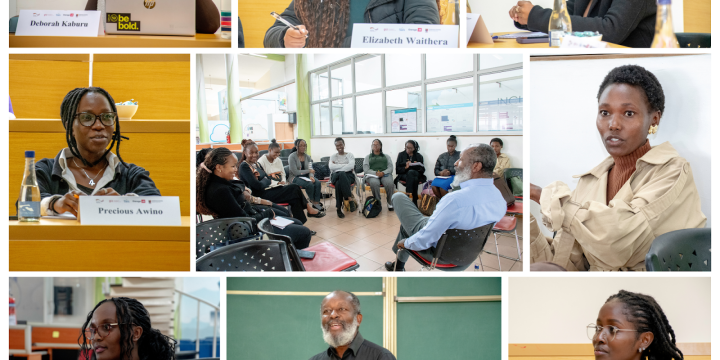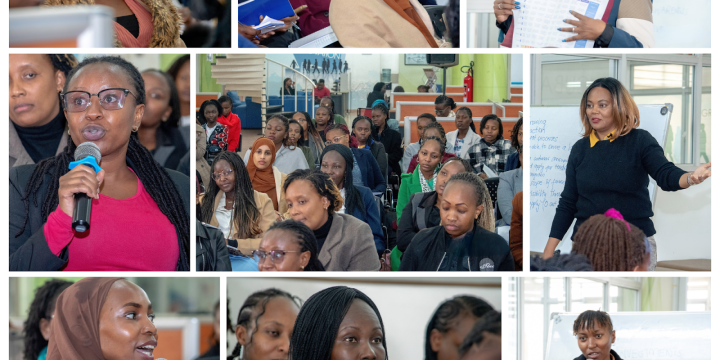
Would You Trust AI With Your Startup?
Would you hand over part of your business to Artificial Intelligence (AI)? For most African founders, the idea feels equal parts exciting and risky. AI promises to cut costs, speed up growth, and unlock new opportunities but it also raises questions of trust, affordability, and fit for our local context. The truth is, it is not about building the next ChatGPT. It is about whether AI can make your startup run leaner, smarter, and faster today. And in a recent masterclass hosted by the Futuremakers Women in Tech Accelerator Program, founders and ecosystem leaders dug into exactly that: how to cut through the noise and make AI actually work for startups. The $100B Opportunity Hiding in Plain Sight Africa’s AI story is not speculative. A recent McKinsey report estimates that…









